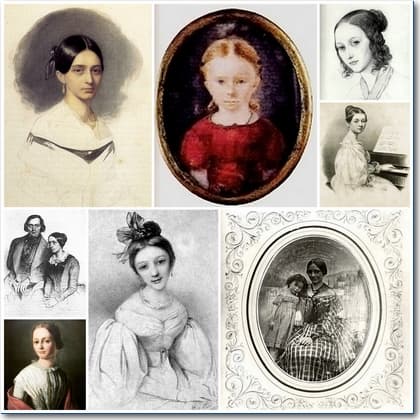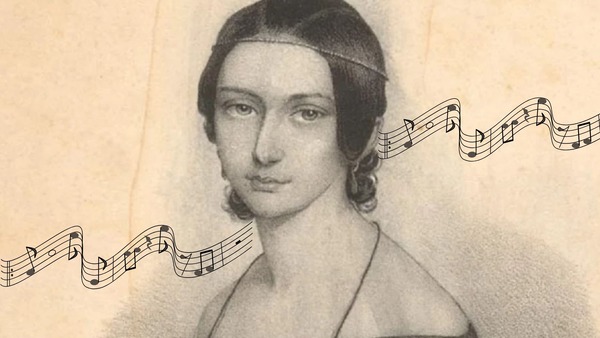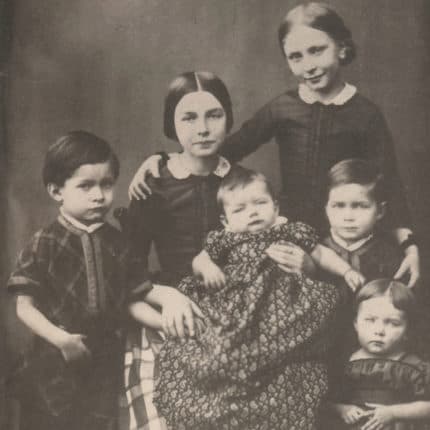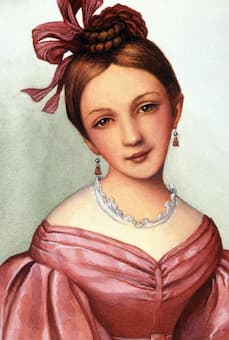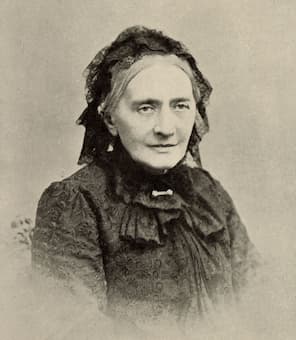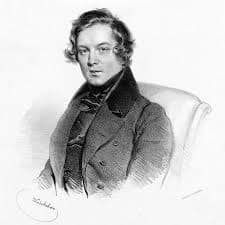Clara Schumann
Pianist and composer Clara Schumann was one of the most influential musicians of her generation. One of the ways we can measure that influence is by looking at the many works that were dedicated to her by her colleagues. Going
The love story of Robert and Clara Schumann is one of the most famous in classical music history. Over the course of their marriage, Clara carried eight pregnancies to term. Today we’re looking at the remarkable stories of those children,
An eminent scholar writes, “Clara Schumann was the creative partner of three men: Friedrich Wieck, Robert Schumann, and Johannes Brahms. Her father was her sole teacher, much maligned for the role he later played in the romance between his daughter
On 21 May 1896, the Guardian reports, “We have to announce, with sincere regret, the death of Madame Clara Schumann, which occurred early yesterday morning, at her residence in Frankfort. For some months the health of the distinguished lady had
When it comes to lawsuits filed by composers, none is more famous than Robert Schumann’s petition for the right to marry his sweetheart Clara Wieck. The lovers had been kept apart for some time, and on 9 April 1839 Clara
Many music lovers only know a few things about Clara Wieck Schumann: that her father forbade her from marrying Robert Schumann, for instance, or that Brahms fell in love with her. But she was more than just a daughter, wife,
All too frequently, women composers in history have been made invisible by societal conventions and by unspoken gender bias. Barred from key opportunities and educational chances, female composers have firmly remained in the shadows of their male counterparts. In the

